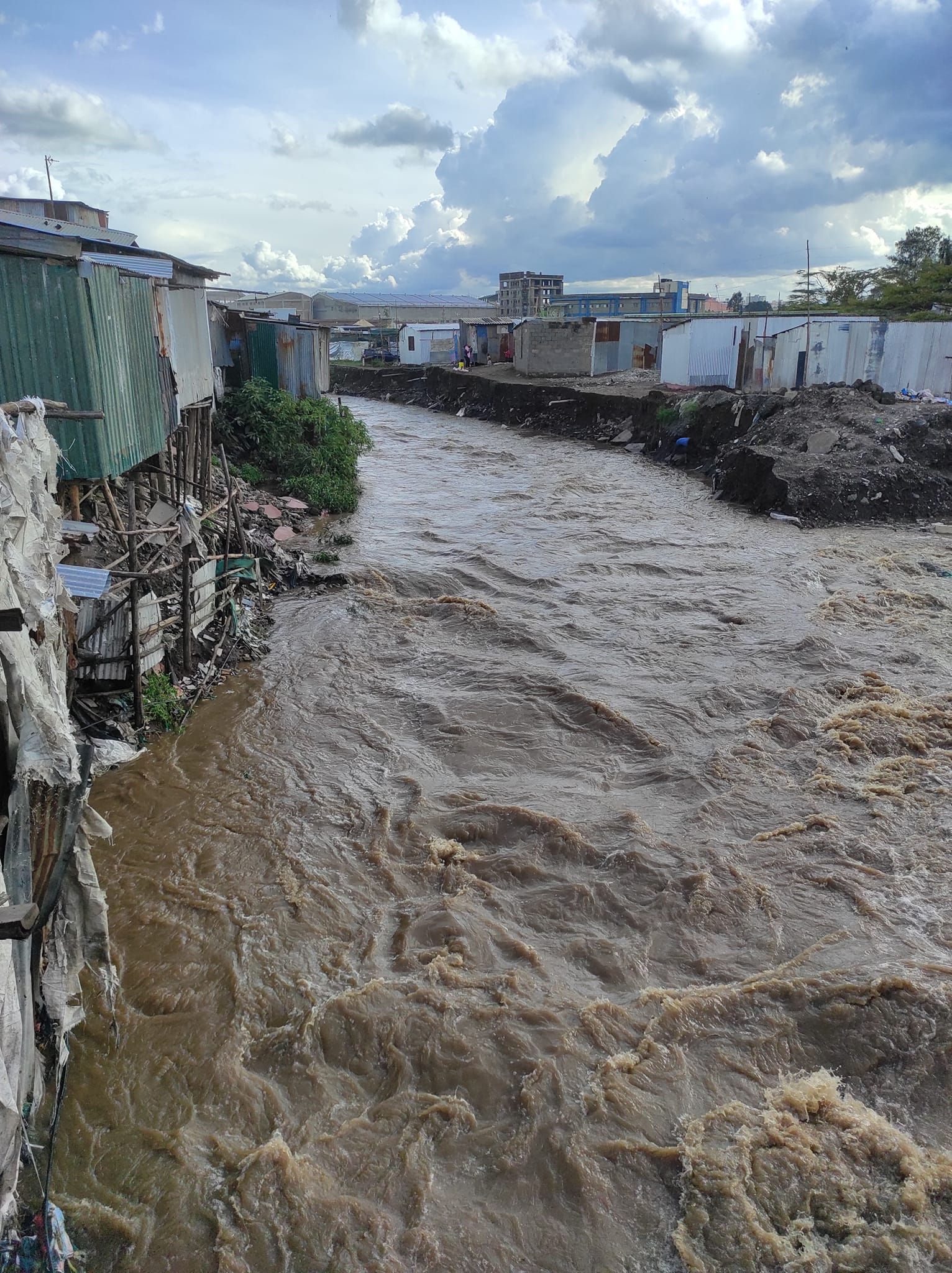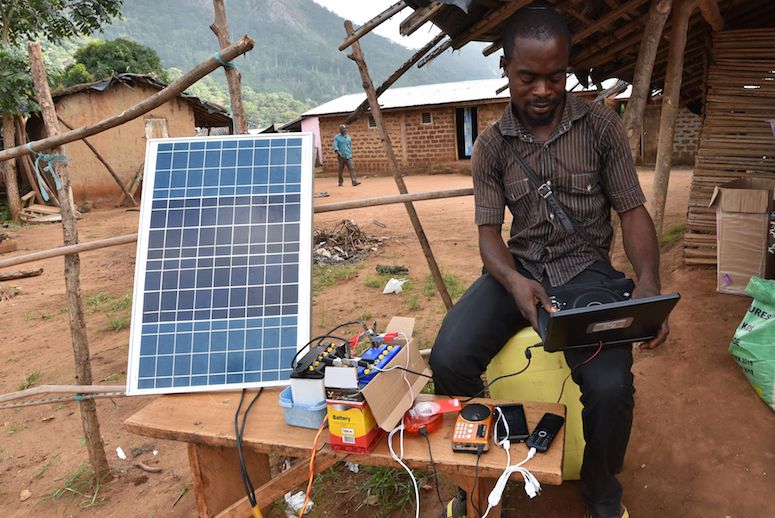FALSE: Photo does not show the drought situation in Embolioi, Kajiado County, in October 2022
HOAX: This website running a reward campaign for Airtel old sim cards is fraudulent
The telco has distanced itself from the website and the purported campaign.

This website supposedly running an Airtel old sim card reward campaign and offering 5 and 10GB data is a HOAX.
The site promises 5GB data to those whose sim cards are more than six months old and 10GB data to those whose cards are older than a year.
To get the data, users are asked to provide their Airtel number and indicate how old their sim card is.
The last step requires sharing the link with 15 friends or five WhatsApp groups to get the promised data.
The link was also shared on Facebook, as seen here.
Glaring red flags such as sharing the link on WhatsApp, request for a phone number, and use of a suspicious URL prompted us to look into the site.
We performed a WHOIS search on the site and established that it was registered on 11 December 2021, whereas the legitimate Airtel Kenya website was registered in November 2010.
Research by PesaCheck found that hoax sites tend to be new and have concealed the registrant details compared to genuine ones, which are usually older and with no hidden information.
We found no posts on the purported campaign on Airtel Kenya’s verified Twitter account and Facebook page.
Airtel Kenya distanced itself from the site in response to our tweet.
“Be warned we do not have such a promotion,” the company said.
PesaCheck examined a website supposedly running an Airtel old sim card campaign and offering 5 and 10GB data and found it to be a HOAX.
This post is part of an ongoing series of PesaCheck fact-checks examining content marked as potential misinformation on Facebook and other social media platforms.
By partnering with Facebook and similar social media platforms, third-party fact-checking organisations like PesaCheck are helping to sort fact from fiction. We do this by giving the public deeper insight and context to posts they see in their social media feeds.
Have you spotted what you think is fake or false information on Facebook? Here’s how you can report. And, here’s more information on PesaCheck’s methodology for fact-checking questionable content.
This fact-check was written by PesaCheck fact-checker Rodgers Omondi and edited by PesaCheck senior copy editor Cédrick Irakoze and acting chief copy editor Francis Mwaniki.
The article was approved for publication by PesaCheck managing editor Doreen Wainainah.
PesaCheck is East Africa’s first public finance fact-checking initiative. It was co-founded by Catherine Gicheru and Justin Arenstein, and is being incubated by the continent’s largest civic technology and data journalism accelerator: Code for Africa. It seeks to help the public separate fact from fiction in public pronouncements about the numbers that shape our world, with a special emphasis on pronouncements about public finances that shape government’s delivery of Sustainable Development Goals (SDG) public services, such as healthcare, rural development and access to water / sanitation. PesaCheck also tests the accuracy of media reportage. To find out more about the project, visit pesacheck.org.
PesaCheck is an initiative of Code for Africa, through its innovateAFRICA fund, with support from Deutsche Welle Akademie, in partnership with a coalition of local African media and other civic watchdog organisations.






